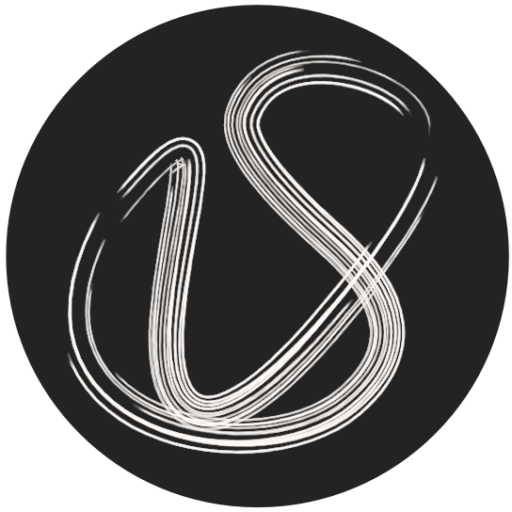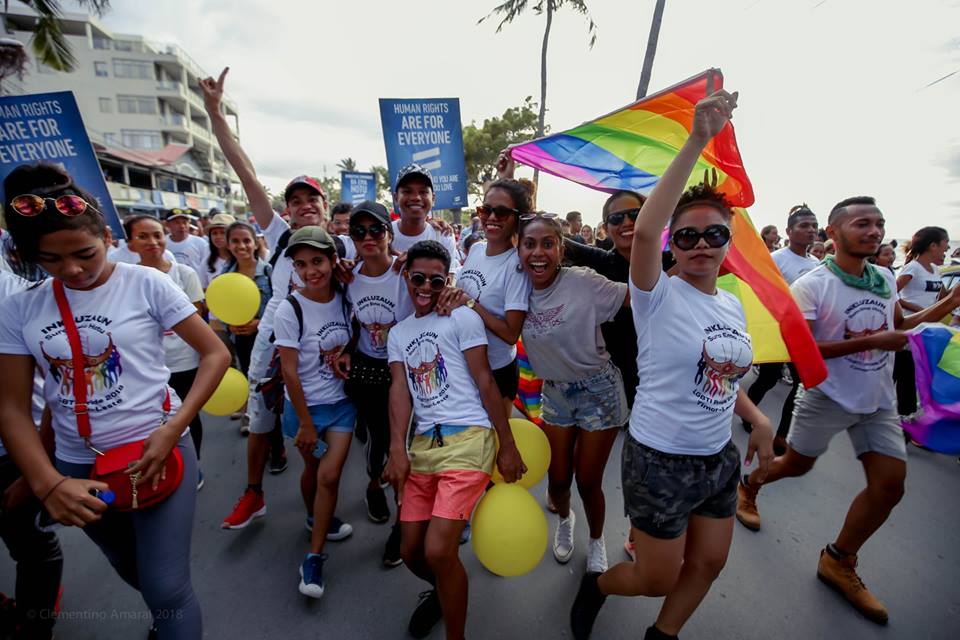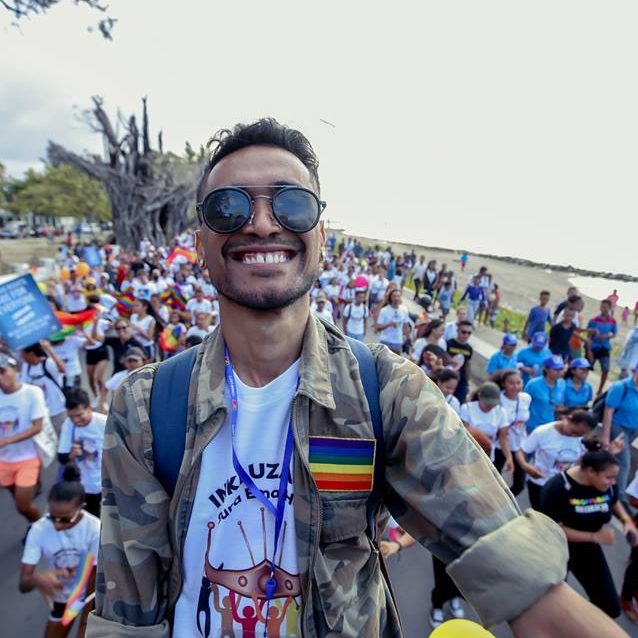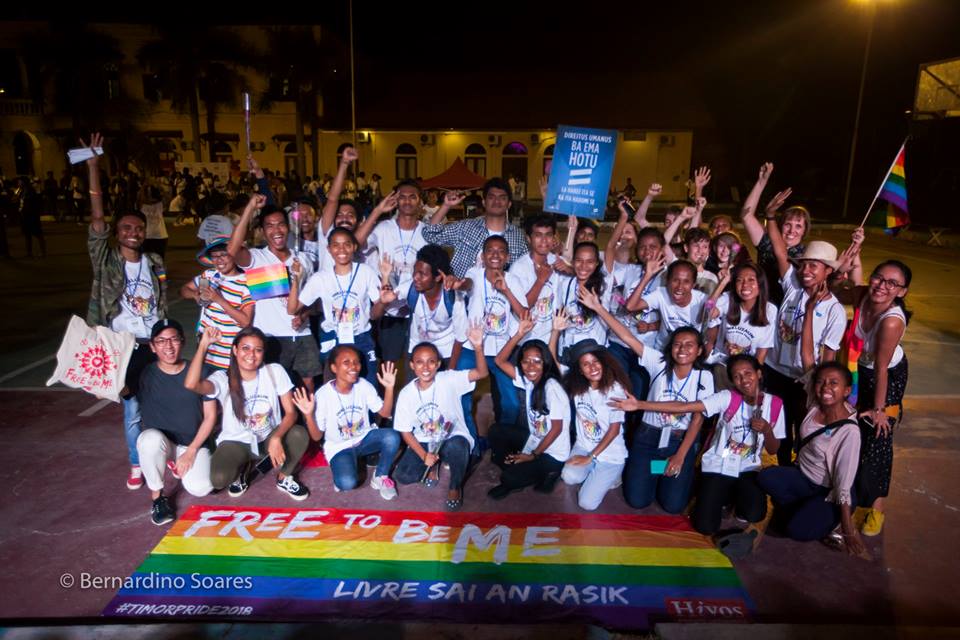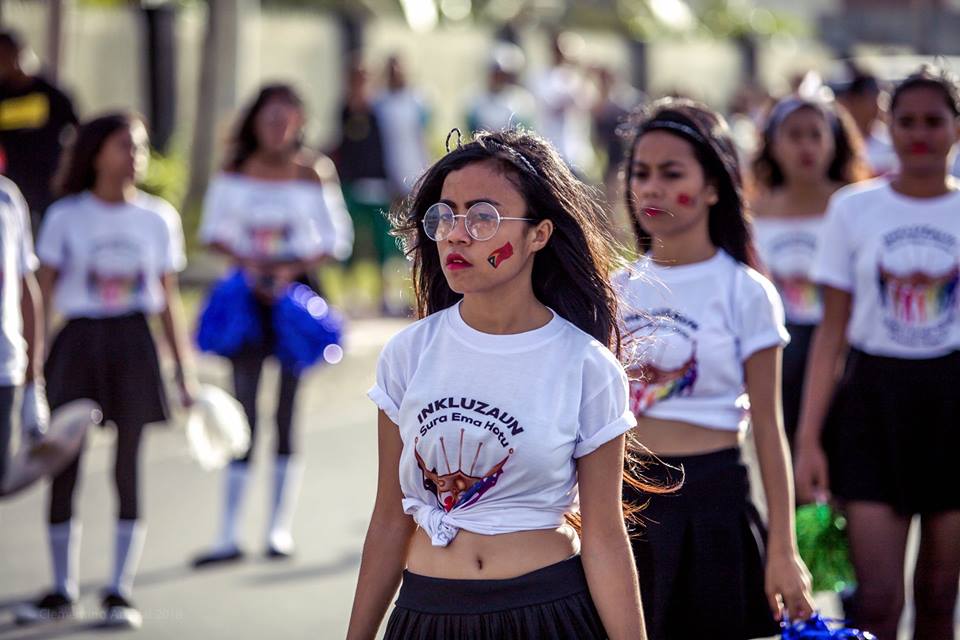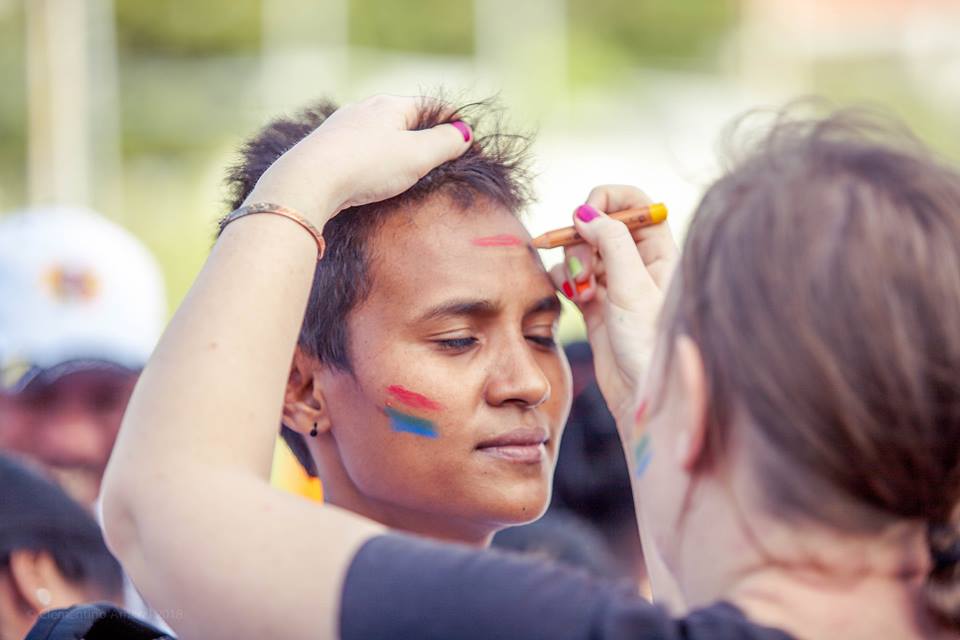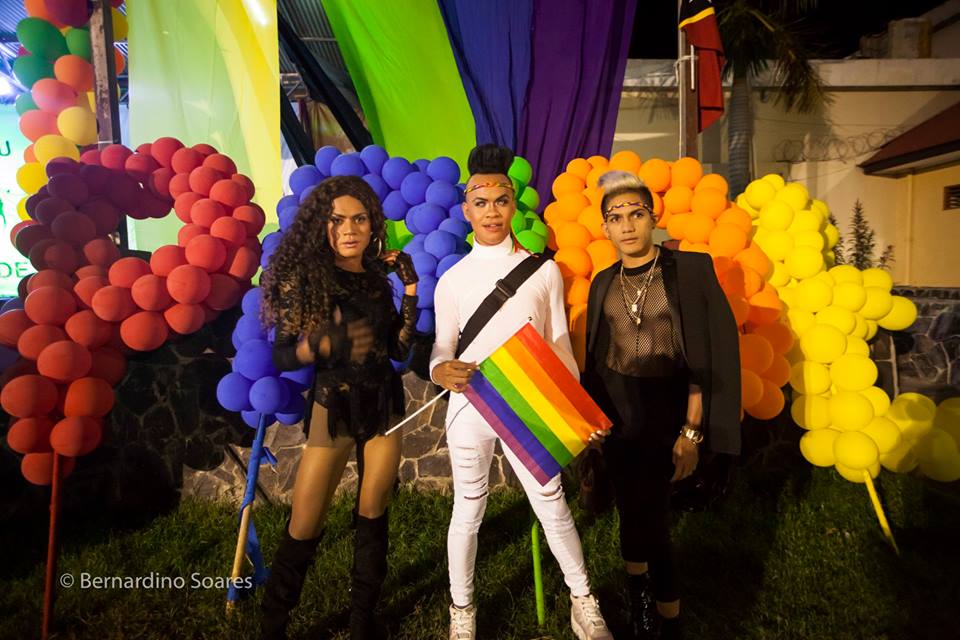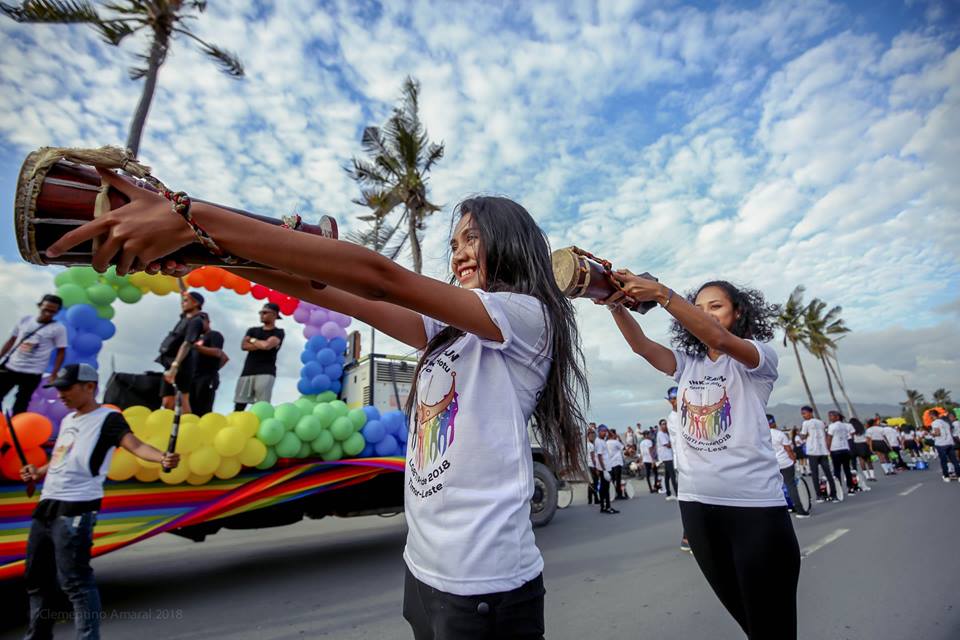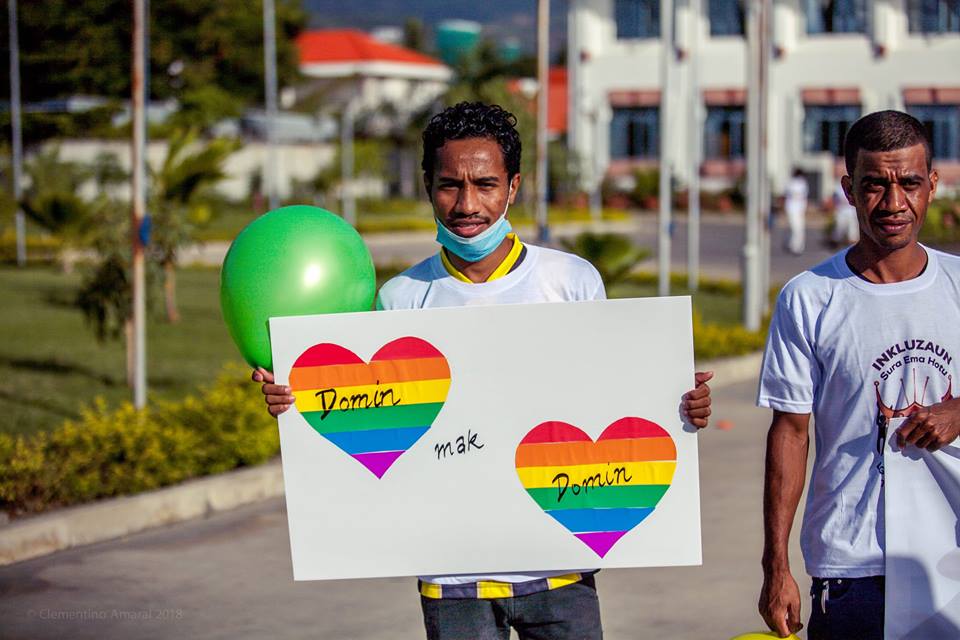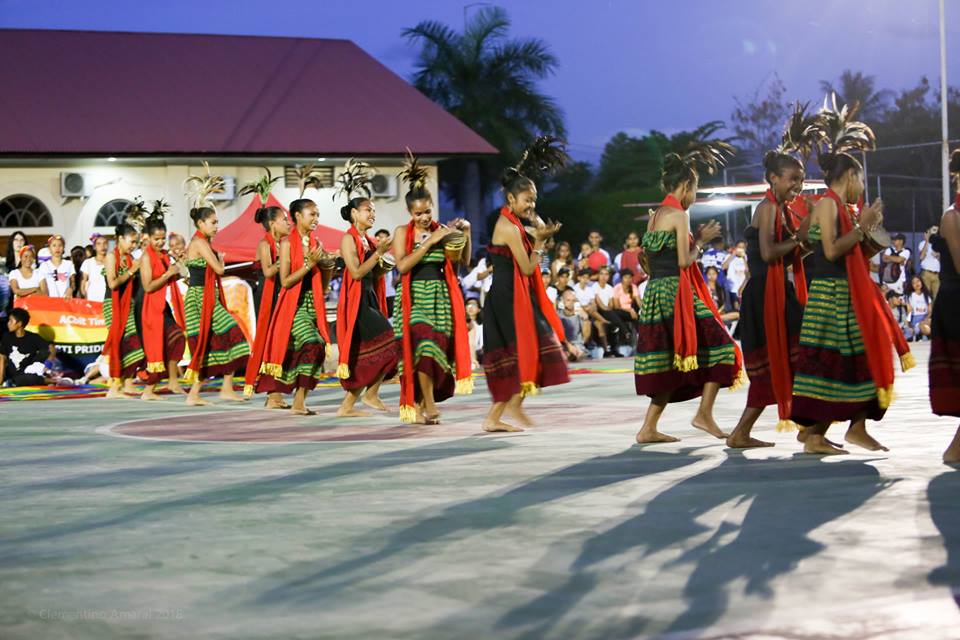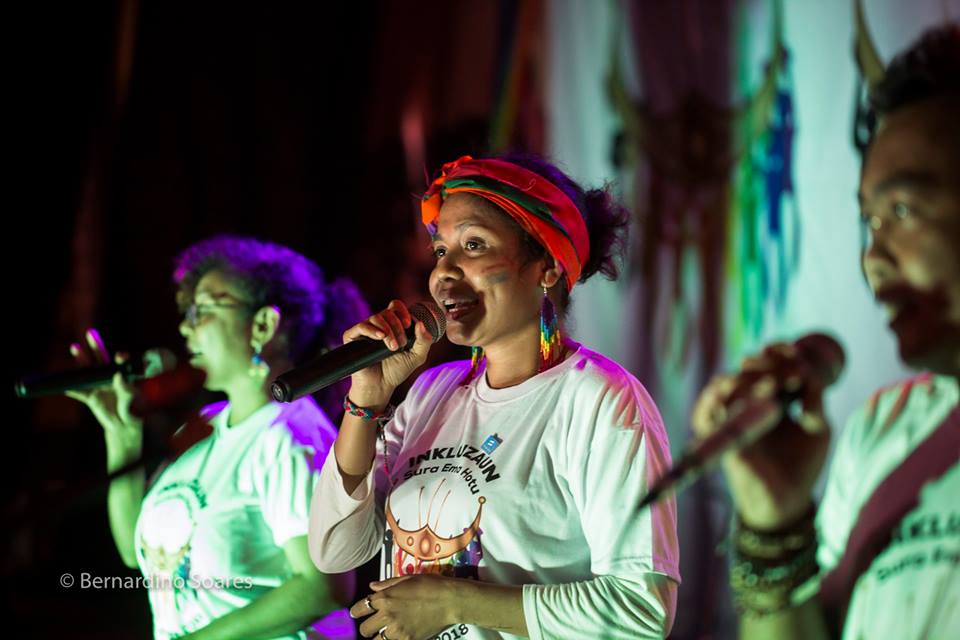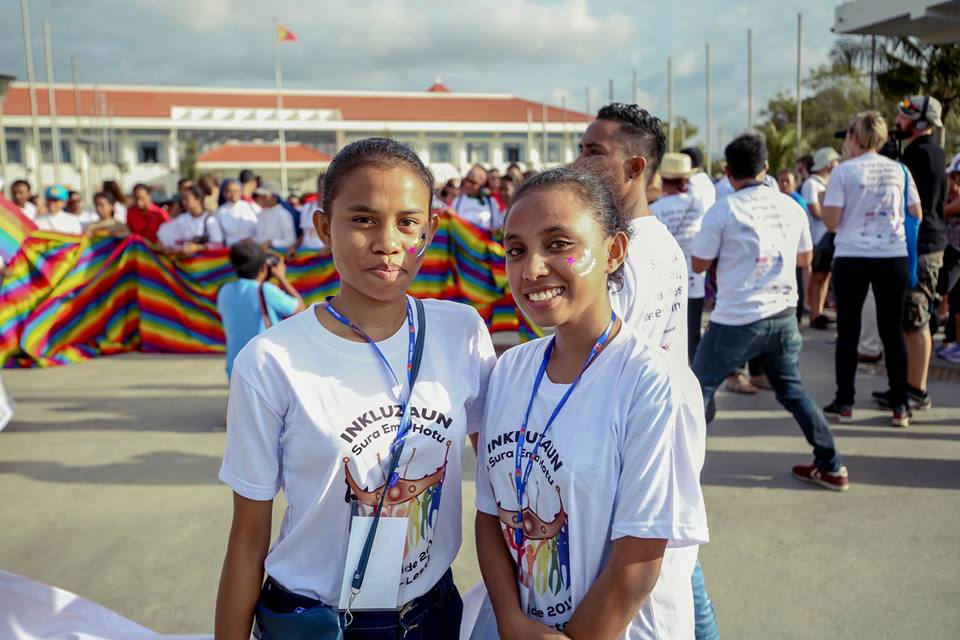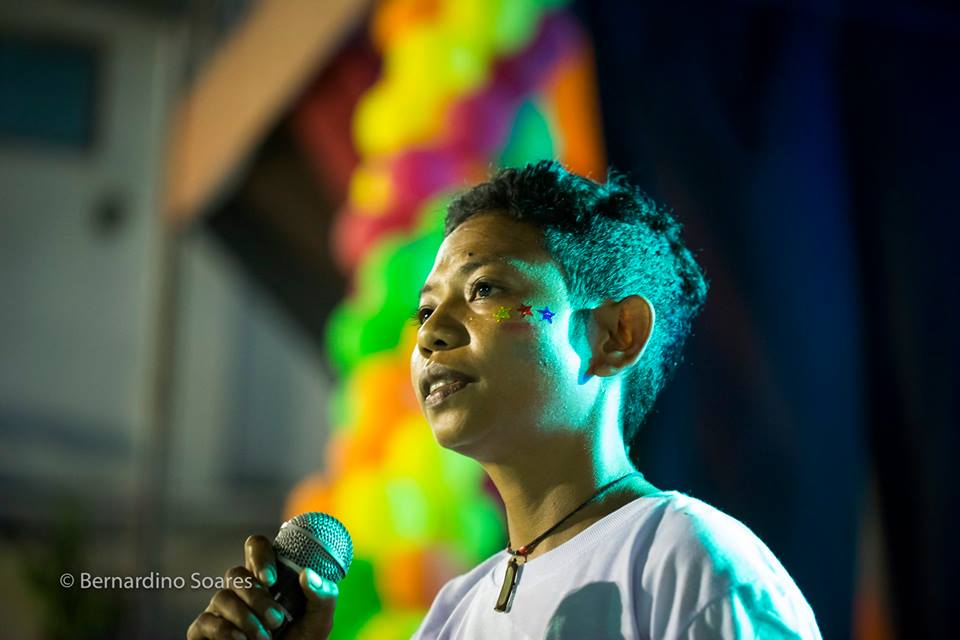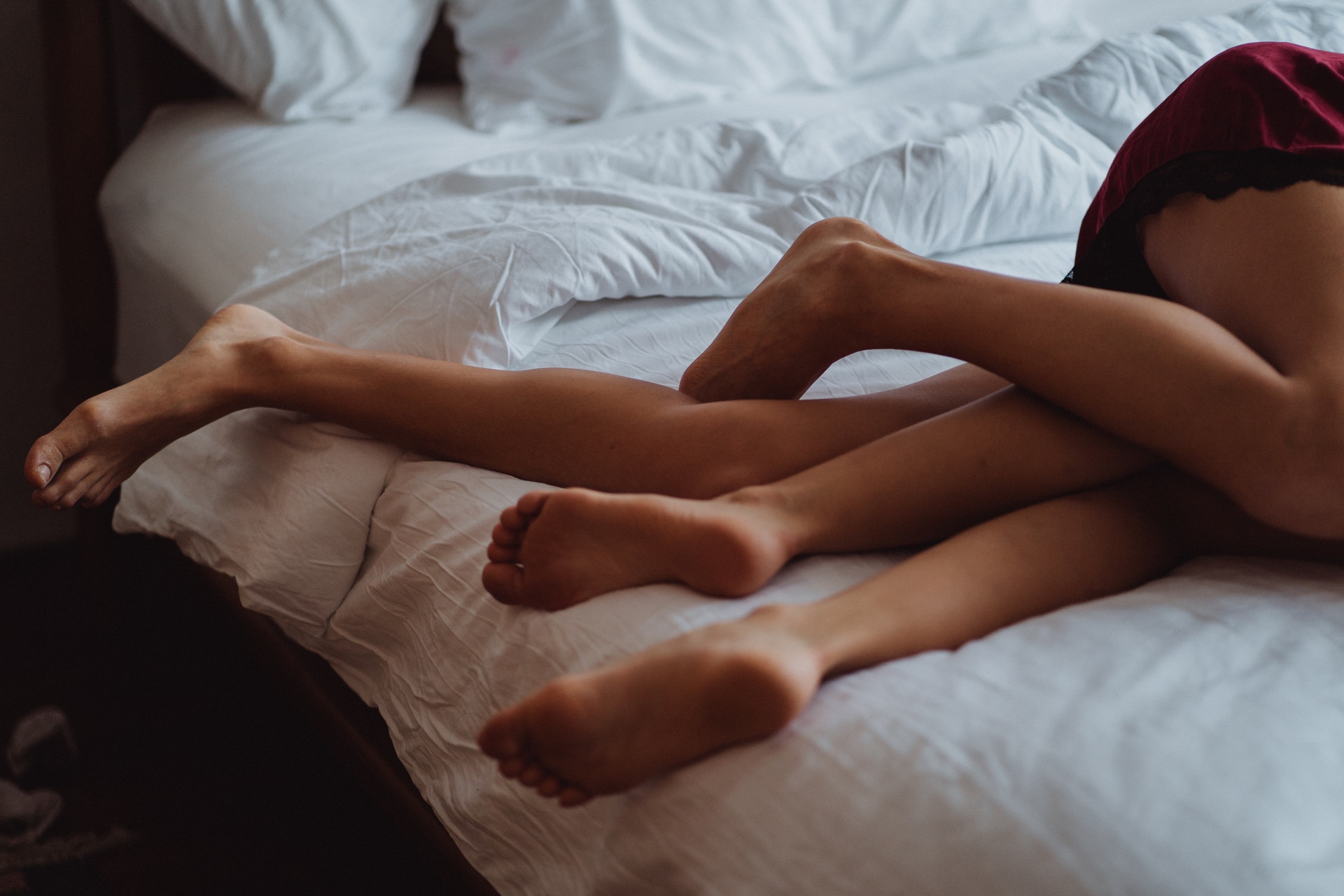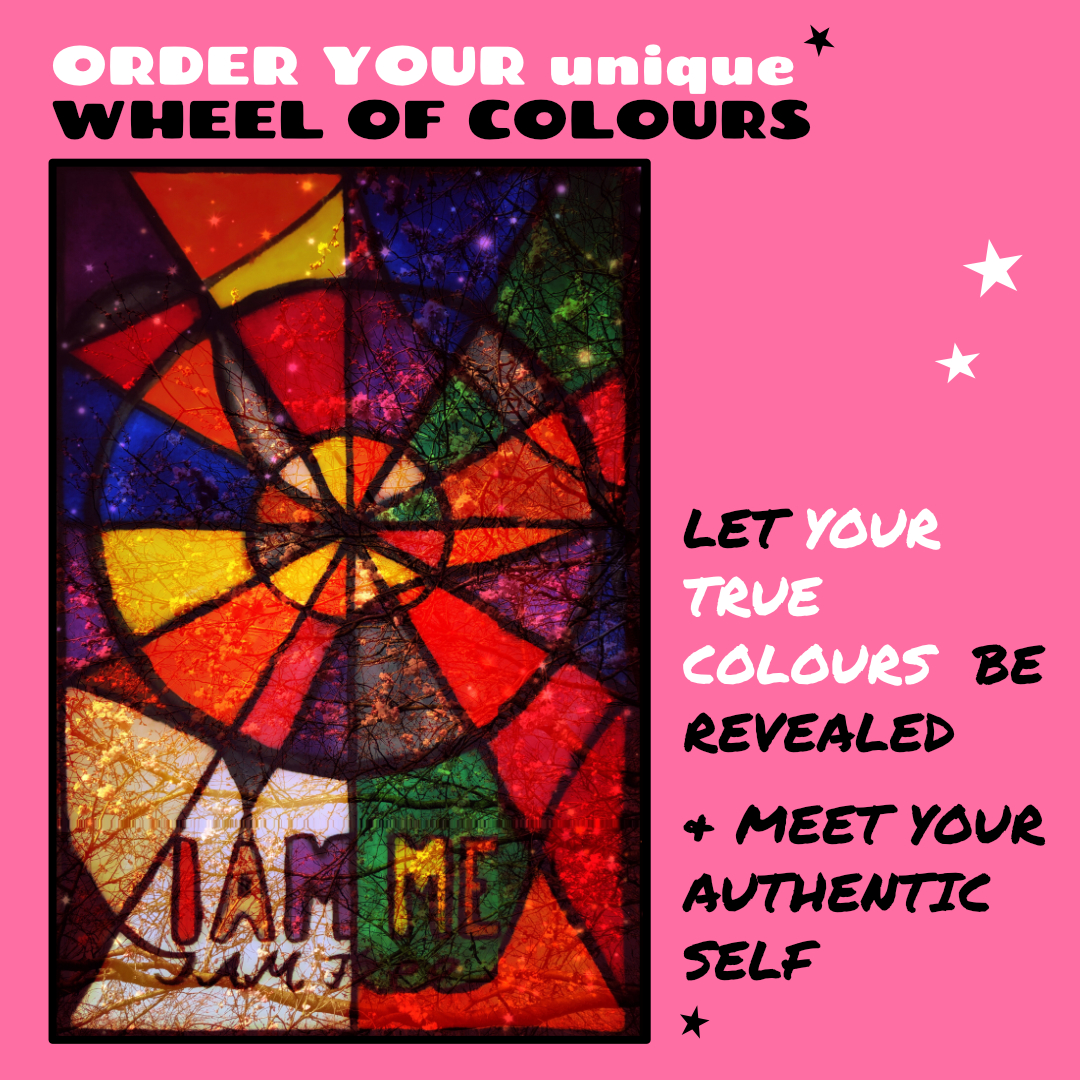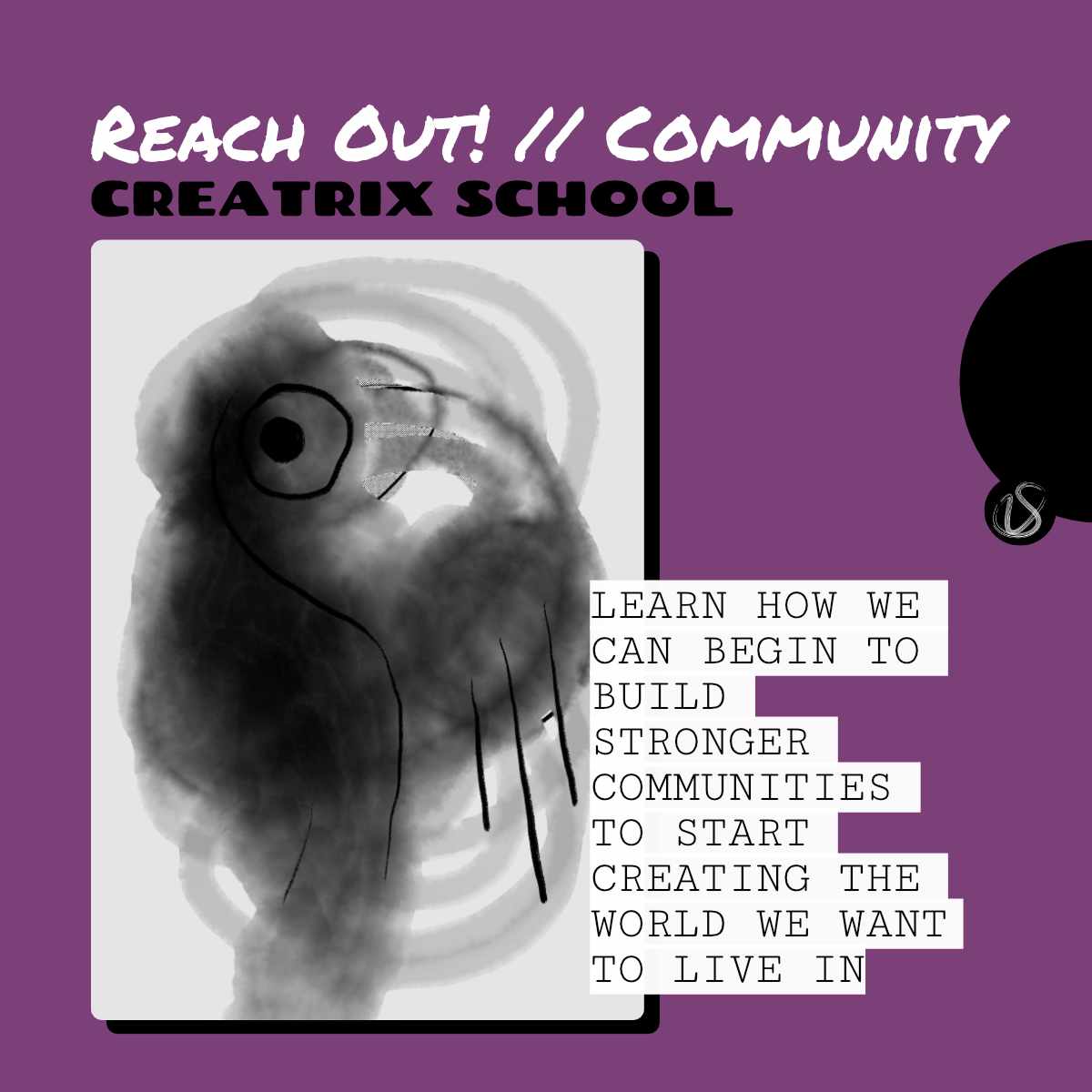Meet Natalino Ornai Guterres, one of the organizers of Timor-Leste Pride.
On June 28th, 1969 the Stonewall Riots kicked off a larger gay rights movement in the USA.
In 1970, the first gay pride marches took place in New York, Los Angeles, San Francisco and Chicago – today pride parades are taking place all around the world.
In 2018, I wanted to know who the people organizing today’s pride parades are, what the marches mean to them, and met wonderfully powerful, loving and kind people from places, which might not be the first ones that come to mind, when we think of queer love.
See all Faces of Pride.
What’s your name and age?
My name is Natalino Ornai Guterres. I identify myself as a gay man.
Since when have you been involved with Timor-Leste Pride?
I’m part of youth group Hatutan that helped organize both Timor-Leste’s first Pride parade in 2017 and the second Pride parade in 2018. In 2016 there was an indoor Pride event (no parade) organized by Fundasaun CODIVA (Coalition for Diversity and Action), and I also helped out as volunteer.
Why do you think Timor-Leste Pride is important? Timor-Leste needs Pride because it is important to teach our young generation the value of diversity and inclusion.
For the LGBTI community specially, visibility is important. When people come to realise that LGBTI isn’t some strange thing, but it’s their family, it’s their friends and their loved ones – that’s how hearts and minds are changed. Creating a safe space for people to be visible is a key part of that.
Pride parade is also a moment to join forces, both within and outside the LGBTI community to ensure the rights of everyone are respected. Pride celebrates diversity in its many forms. The fact that people are still afraid to be who they are, that we as a society and as a country continue to pursue and ridicule difference shows why we need Pride.
LGBTI people, especially trans people, often get harassed on the streets and have been excluded from the different opportunities. Giving them a safe space where they can walk with pride and celebrate who they are, knowing that there are so many allies from different sectors who will be out there to support them, can mean a lot to them. It can also educate others, especially the young generation, that it’s okay to be different.
And I don’t see this as a foreign import. Protesting on the streets has always been part of the Timorese culture. We did it throughout the 24 years of occupation.
But of course, the fight for acceptance and inclusion is more than just a Pride parade. It’s a daily struggle. However, that one day parade can send powerful message of our existence. I know it’s still a long way to go and maybe I’m just an overly optimistic person, but over the past year we are starting to see small progress. Slowly but surely.
What is one (or two) remarkable thing (s) that has/have happened at Timor-Leste Pride? Timor-Leste Pride is a powerful force for inclusion and acceptance. In a region growing increasingly hostile to the community, we compel support from all walks of life: civil society, international groups, religious figures, and all the way up to the country’s leaders.
Last year the Prime Minister of the country gave a message of support. This year, we had people from different walks of life come out to march and give their message of support.
To me personally, it was amazing to see changes take place over the past year. Last year, my brother who was previously not accepting of my sexual orientation, came to march with me. This year, my mother, who was also not accepting of my sexual orientation last year, came to Pride this year.
What do you do when you are not organizing Timor-Leste Pride? I work as a development consultant. I also volunteer at Hatutan (a youth organization promoting social inclusion) and Fundasaun CODIVA (Timor-Leste’s first LGBTI organization).
What do you like to do in your free time? I like spending my free time being useful by volunteering. As a matter of fact, organizing Pride is something I do in my free time and I do it as a volunteer.
I also like reading with children and hanging out with my brothers and cousins.
Is there something you would like to say to the rest of LGBTIQ+ communities? Never give up fighting for your right. And please know that you are not alone. I never have thought we would come this far by holding a Pride parade in Timor-Leste.
Follow Timor-Leste Pride:
Facebook
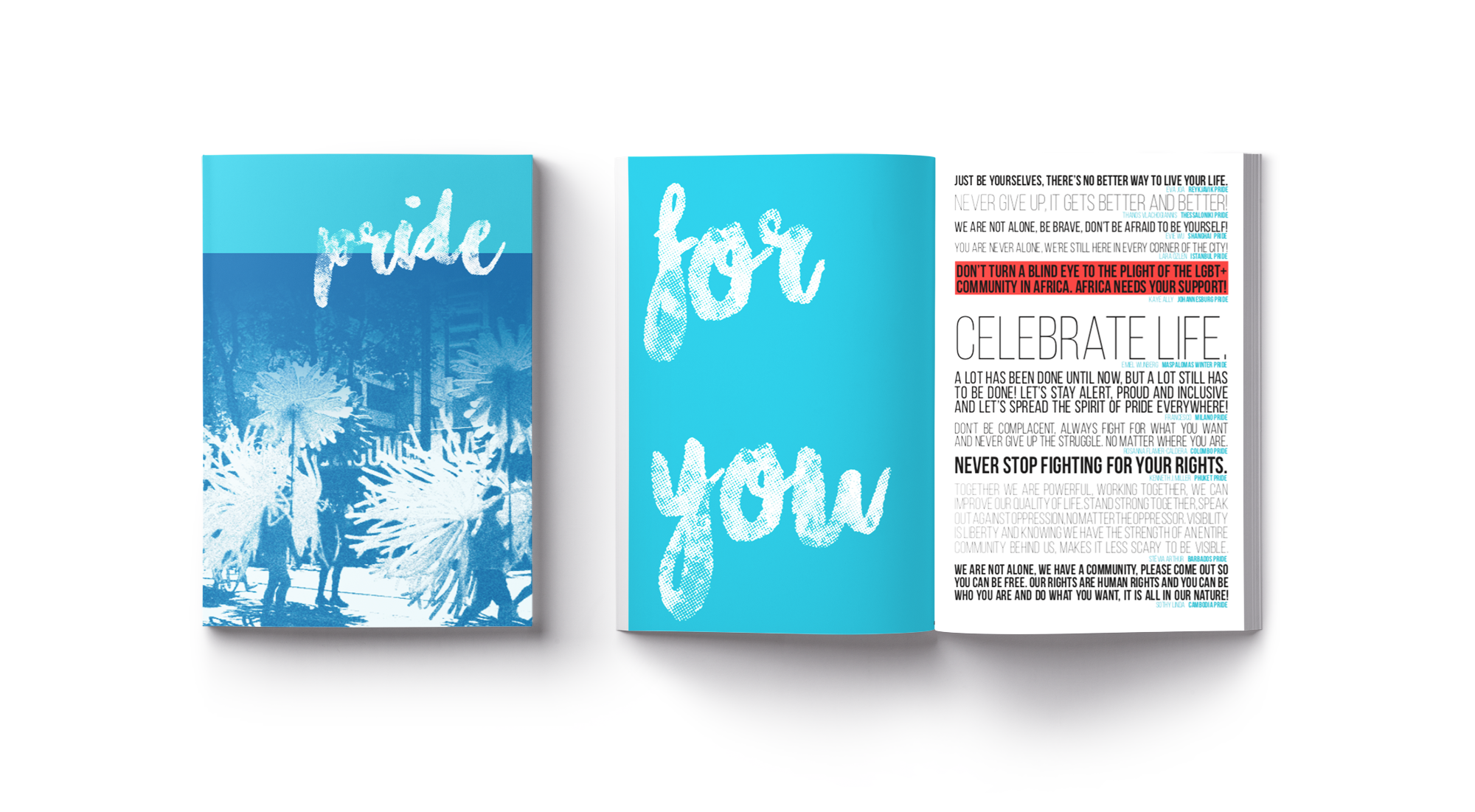
DOWNLOAD FREE PRIDE ZINE
[convertkit form=3372792]
Not different, just love
How do you feel when it comes to dealing with our emotions, expectations and responsibilities, around coming out, living as a LGBTIQ+ person and when it comes to our families and love in general?
